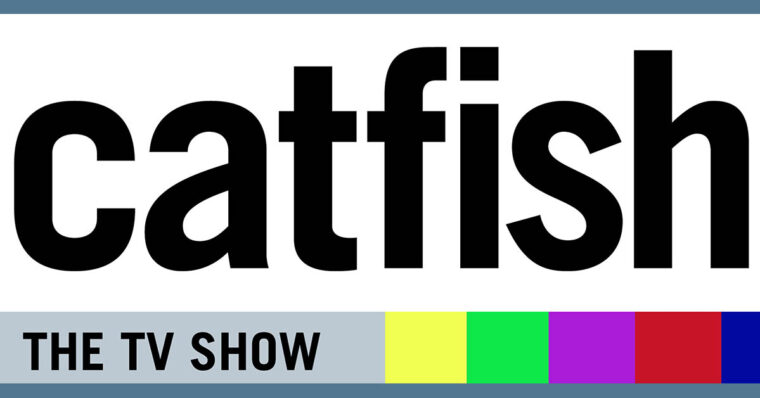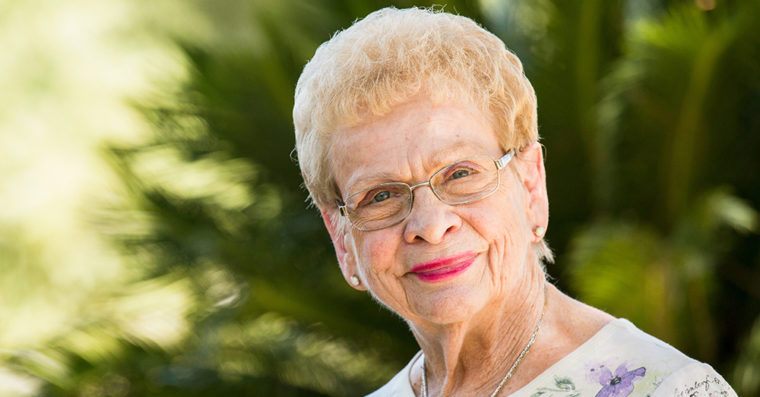This one-sheet was created for the SOPHIA of Worcester County chapter by students in the Communication Law and Ethics course at Fitchburg State University and edited by Drs. J. J. Sylvia IV and Kyle Moody. Its creation was supported by SOPHIA and the Douglas and Isabelle Crocker Center for Civic Engagement. Students included: Curtis Monahan, Sophia Ciampaglia, Emma Thomson, Kim Lier, Ken Roberts, Sam Pappas, Stephanie Fuller, Thomas Boupha, and Shannon McCarthy.
Catfish, the documentary TV series on MTV, stars two men who travel around the U.S. investigating people who they believe have been depicting themselves falsely to another user online. Since these interactions are purely digital, it is quite easy to use inaccurate photos or post misinformation of yourself in order to mislead online users. This SOPHIA one-sheet document makes it easy to guide a rich discussion on the ethics involved in “catfishing” online.
SOPHIA is grateful to Drs. Sylvia and Moody, to the Crocker Center for Civil Engagement, and to the students in Drs. Sylvia and Moody’s course in Communication Law and Ethics at Fitchburg State University!





